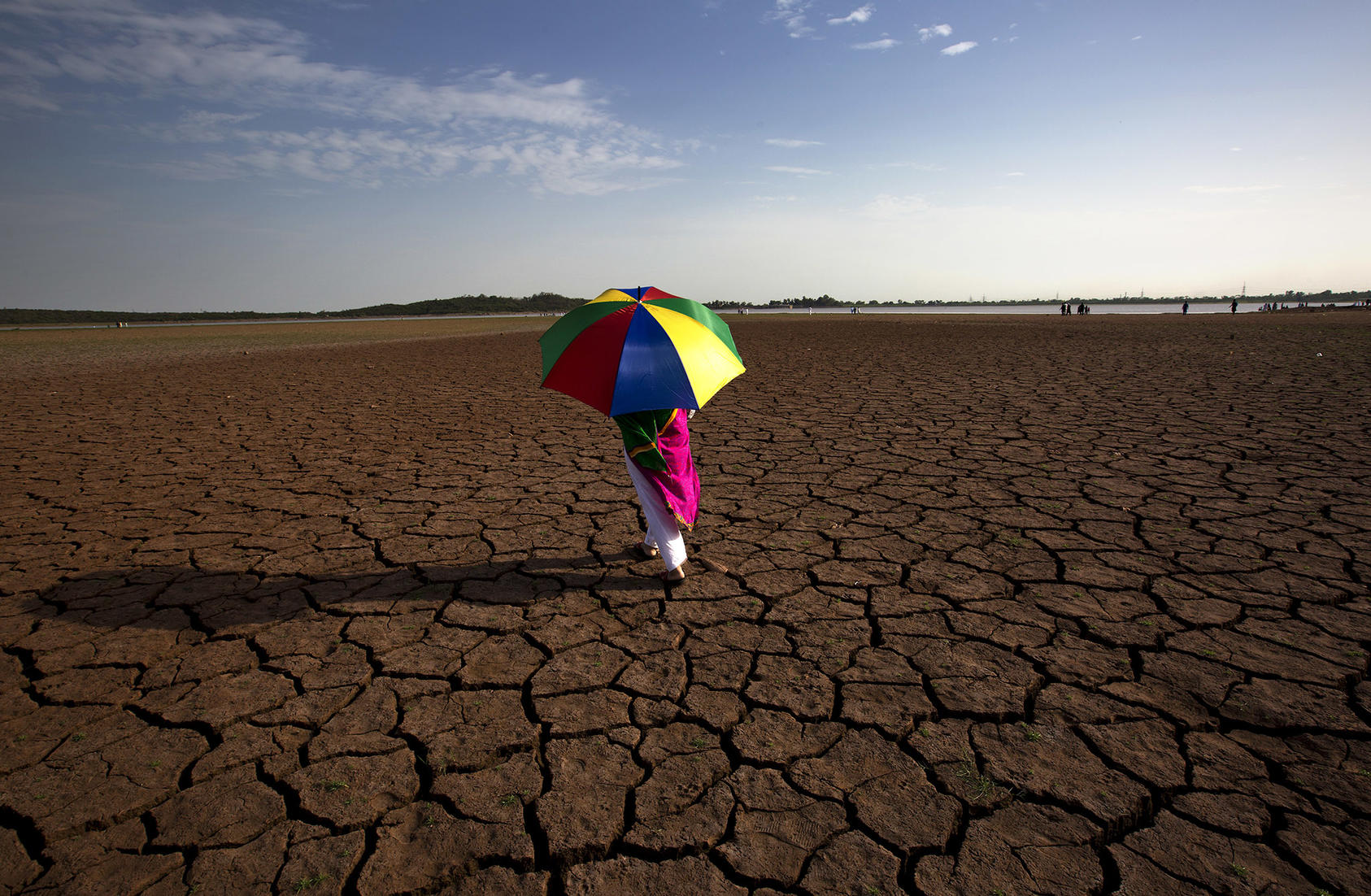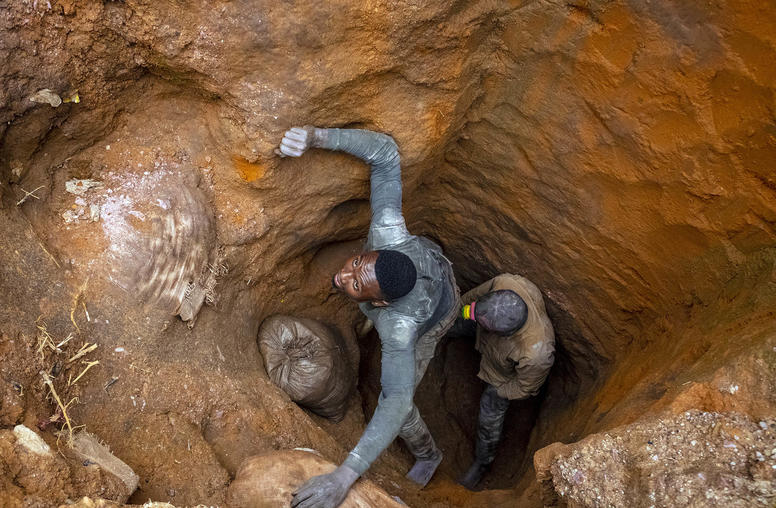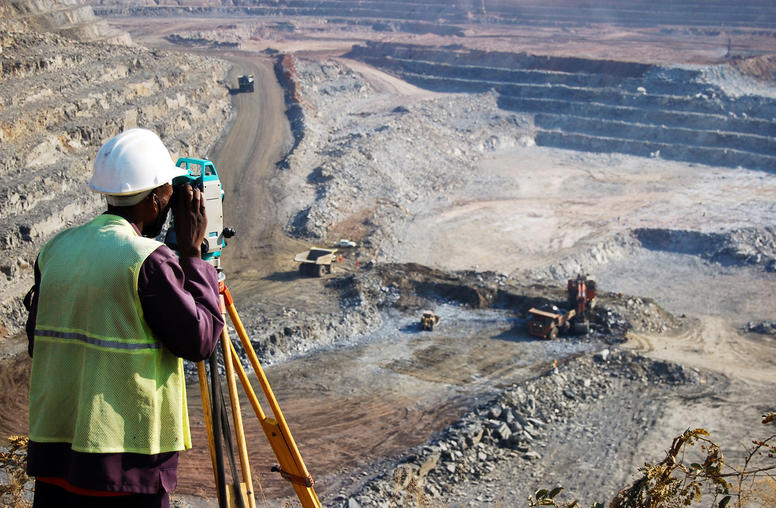Water Conflict Pathways and Peacebuilding Strategies
No modern states have ever declared war over water. In fact, nations dependent on shared water sources have collaborated far more frequently than they have clashed. Nevertheless, global surveys have counted over forty hostile, militarized international actions over water—from riots to border skirmishes to larger battles—in the first six decades after World War II. This report reviews the pathways that link water resource pressures to conflict risks and describes how peacebuilding strategies such as water diplomacy can help mitigate these risks.

Summary
Growing populations and economies, unsustainable management practices, and mounting environmental pressures are exerting increasing strains on the world’s vital freshwater resources. Resulting shortfalls between rising demands and shifting supplies could engender or exacerbate water conflicts among countries or communities attempting to ensure their share.
History furnishes little evidence of outright water wars, but violent international water-related confrontations do occur and frictions over water can contribute to fueling civil conflicts within states. A range of indirect factors including political institutions, economic conditions, and societal values and perceptions affect the relationship between water insecurity and conflict risks. Inequitable allocation of the costs and benefits of water development and inadequate access to decision-making procedures around shared waters can loom larger in generating conflict than the unequal allocation of or inadequate access to the physical resource itself.
Studies examining the actors, drivers, and contexts engaged in different types of water conflicts may help to develop early warning indicators for emerging risks and contribute to crafting tailored conflict reduction approaches and targeted peacebuilding strategies. Many of the world’s shared waters most vulnerable to potential water conflicts are marred by a dearth of effective governance mechanisms and distrust and dissension among water users that frustrate sustainable cooperation.
Water diplomacy, formal and informal engagements undertaken by state and nonstate actors not party to the water conflict, can constructively shape the context and collective decision-making frameworks for collaborative water resources management. By working to enhance the conflict parties’ water governance resources and capacities, promote cooperative decision-making processes and inclusive policy institutions, and facilitate peaceful dispute resolution, water diplomacy can contribute to building the environmental and societal resilience to sustainably manage future water resource challenges.
About the Report
This report explores water-related conflict pathways and articulates potential peacebuilding strategies to mitigate conflict risks. The report is grounded in a survey of the academic literature on natural resources conflict, case studies of three major basins, and participant interviews and documentary analyses of water diplomacy processes.
About the Author
David Michel is a senior researcher with the Stockholm International Peace Research Institute. He previously served as a senior manager at the Stockholm International Water Institute. He has over twenty years of experience working with governments, civil society, and the private sector to build cooperative solutions to policy challenges posed by global environmental change.



